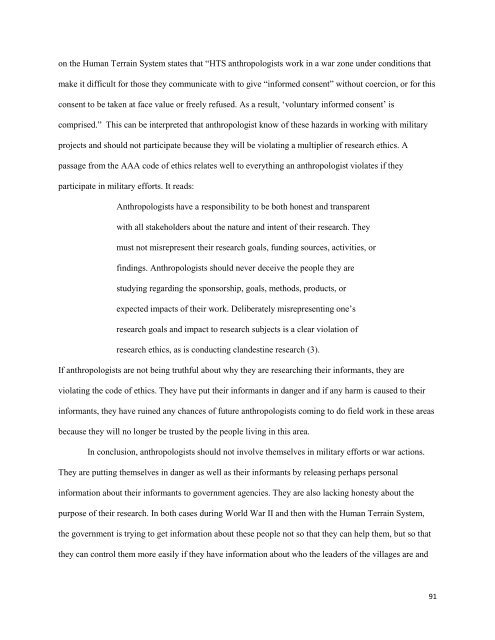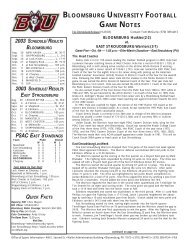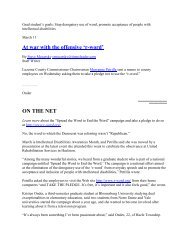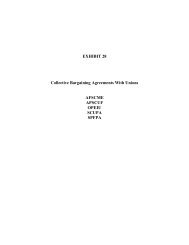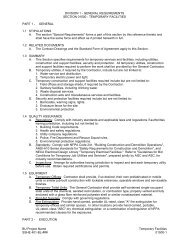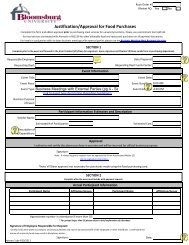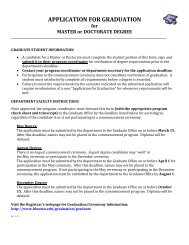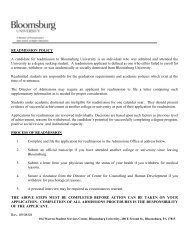Human Rights at Home and Abroad: Past, Present, and Future
Human Rights at Home and Abroad: Past, Present, and Future
Human Rights at Home and Abroad: Past, Present, and Future
You also want an ePaper? Increase the reach of your titles
YUMPU automatically turns print PDFs into web optimized ePapers that Google loves.
on the <strong>Human</strong> Terrain System st<strong>at</strong>es th<strong>at</strong> ―HTS anthropologists work in a war zone under conditions th<strong>at</strong><br />
make it difficult for those they communic<strong>at</strong>e with to give ―informed consent‖ without coercion, or for this<br />
consent to be taken <strong>at</strong> face value or freely refused. As a result, ‗voluntary informed consent‘ is<br />
comprised.‖ This can be interpreted th<strong>at</strong> anthropologist know of these hazards in working with military<br />
projects <strong>and</strong> should not particip<strong>at</strong>e because they will be viol<strong>at</strong>ing a multiplier of research ethics. A<br />
passage from the AAA code of ethics rel<strong>at</strong>es well to everything an anthropologist viol<strong>at</strong>es if they<br />
particip<strong>at</strong>e in military efforts. It reads:<br />
Anthropologists have a responsibility to be both honest <strong>and</strong> transparent<br />
with all stakeholders about the n<strong>at</strong>ure <strong>and</strong> intent of their research. They<br />
must not misrepresent their research goals, funding sources, activities, or<br />
findings. Anthropologists should never deceive the people they are<br />
studying regarding the sponsorship, goals, methods, products, or<br />
expected impacts of their work. Deliber<strong>at</strong>ely misrepresenting one‘s<br />
research goals <strong>and</strong> impact to research subjects is a clear viol<strong>at</strong>ion of<br />
research ethics, as is conducting cl<strong>and</strong>estine research (3).<br />
If anthropologists are not being truthful about why they are researching their informants, they are<br />
viol<strong>at</strong>ing the code of ethics. They have put their informants in danger <strong>and</strong> if any harm is caused to their<br />
informants, they have ruined any chances of future anthropologists coming to do field work in these areas<br />
because they will no longer be trusted by the people living in this area.<br />
In conclusion, anthropologists should not involve themselves in military efforts or war actions.<br />
They are putting themselves in danger as well as their informants by releasing perhaps personal<br />
inform<strong>at</strong>ion about their informants to government agencies. They are also lacking honesty about the<br />
purpose of their research. In both cases during World War II <strong>and</strong> then with the <strong>Human</strong> Terrain System,<br />
the government is trying to get inform<strong>at</strong>ion about these people not so th<strong>at</strong> they can help them, but so th<strong>at</strong><br />
they can control them more easily if they have inform<strong>at</strong>ion about who the leaders of the villages are <strong>and</strong><br />
91


